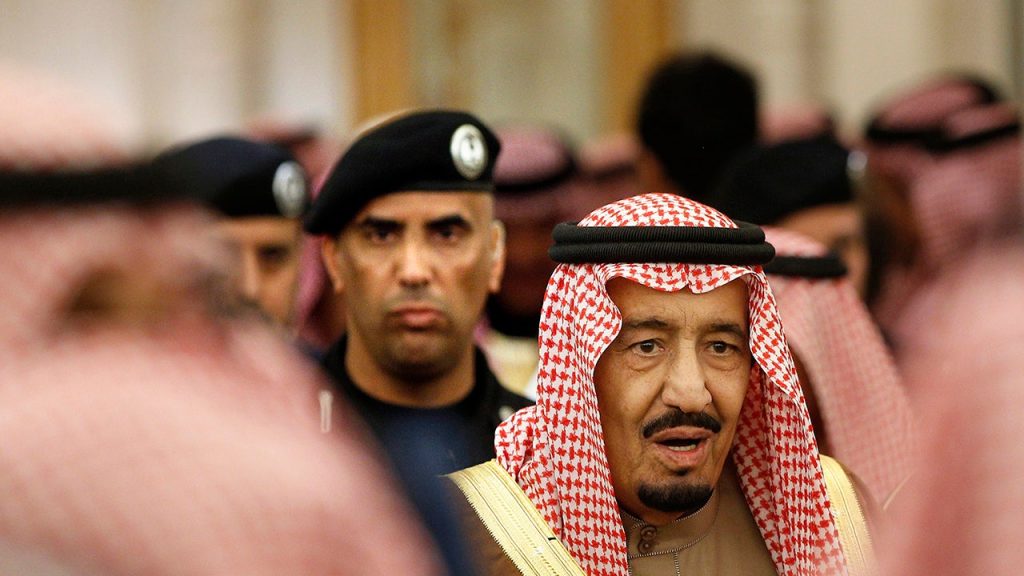King Salman of Saudi Arabia, aged 88, recently entered the hospital for what was described as routine examinations by state media. However, the specifics of his condition were not disclosed, and he later exited the hospital. King Salman ascended to the throne in 2015 and has since named his son, Crown Prince Mohammed bin Salman, as the kingdom’s monarch-in-waiting. The crown prince is widely recognized as being responsible for overseeing the day-to-day operations of the kingdom, indicating a transition of power within the Saudi leadership.
The circumstances surrounding King Salman’s hospital visit highlight the importance of understanding the dynamics of power within the Saudi monarchy. While the official statement characterizes his visit as routine, the reality of the situation remains ambiguous. Crown Prince Mohammed bin Salman’s significant influence and involvement in governing the kingdom have been widely recognized, implying a looming transfer of power within the Saudi leadership. This potential transfer raises questions about the stability and direction of Saudi Arabia under the leadership of the crown prince.
In recent years, Crown Prince Mohammed bin Salman has implemented numerous ambitious reforms and policies aimed at modernizing and diversifying Saudi Arabia’s economy. These efforts have been met with both praise and criticism, particularly concerning human rights violations and controversial foreign policies. The crown prince’s leadership style and decision-making process are under scrutiny, as he continues to consolidate power within the kingdom. The outcome of this transition will have lasting implications for Saudi Arabia and its role on the global stage.
The evolving power dynamics within the Saudi monarchy also shed light on the broader concept of democracy and governance. While Saudi Arabia operates under a monarchy, the principles of democracy and accountability remain relevant in assessing the legitimacy and effectiveness of its leadership. Crown Prince Mohammed bin Salman’s actions and decisions reflect a dynamic interplay between traditional power structures and evolving societal demands for transparency and representation. Understanding these complexities is essential in evaluating the future trajectory of Saudi Arabia and its relationship with the international community.
As Saudi Arabia undergoes a potential leadership transition, the world is closely watching the implications of this shift on regional and global dynamics. The kingdom’s strategic importance in areas such as energy production, religious influence, and regional stability elevate the significance of its internal affairs. The succession process within the Saudi monarchy has historically been shrouded in secrecy and tradition, but the influence of Crown Prince Mohammed bin Salman suggests a departure from past conventions. Ultimately, the impact of this transition on Saudi Arabia’s domestic policies, economic initiatives, and foreign relations remains uncertain.
In conclusion, King Salman’s recent hospital visit and the ascent of Crown Prince Mohammed bin Salman shed light on the complex power dynamics within the Saudi monarchy. The potential transfer of power and evolving leadership styles of the crown prince raise important questions about Saudi Arabia’s future trajectory and relationship with the international community. Understanding the underlying principles of democracy and governance is crucial in assessing the legitimacy and effectiveness of the kingdom’s leadership. As the world observes these developments, the implications of this transition on regional and global affairs will undoubtedly shape the course of Saudi Arabia’s future.


